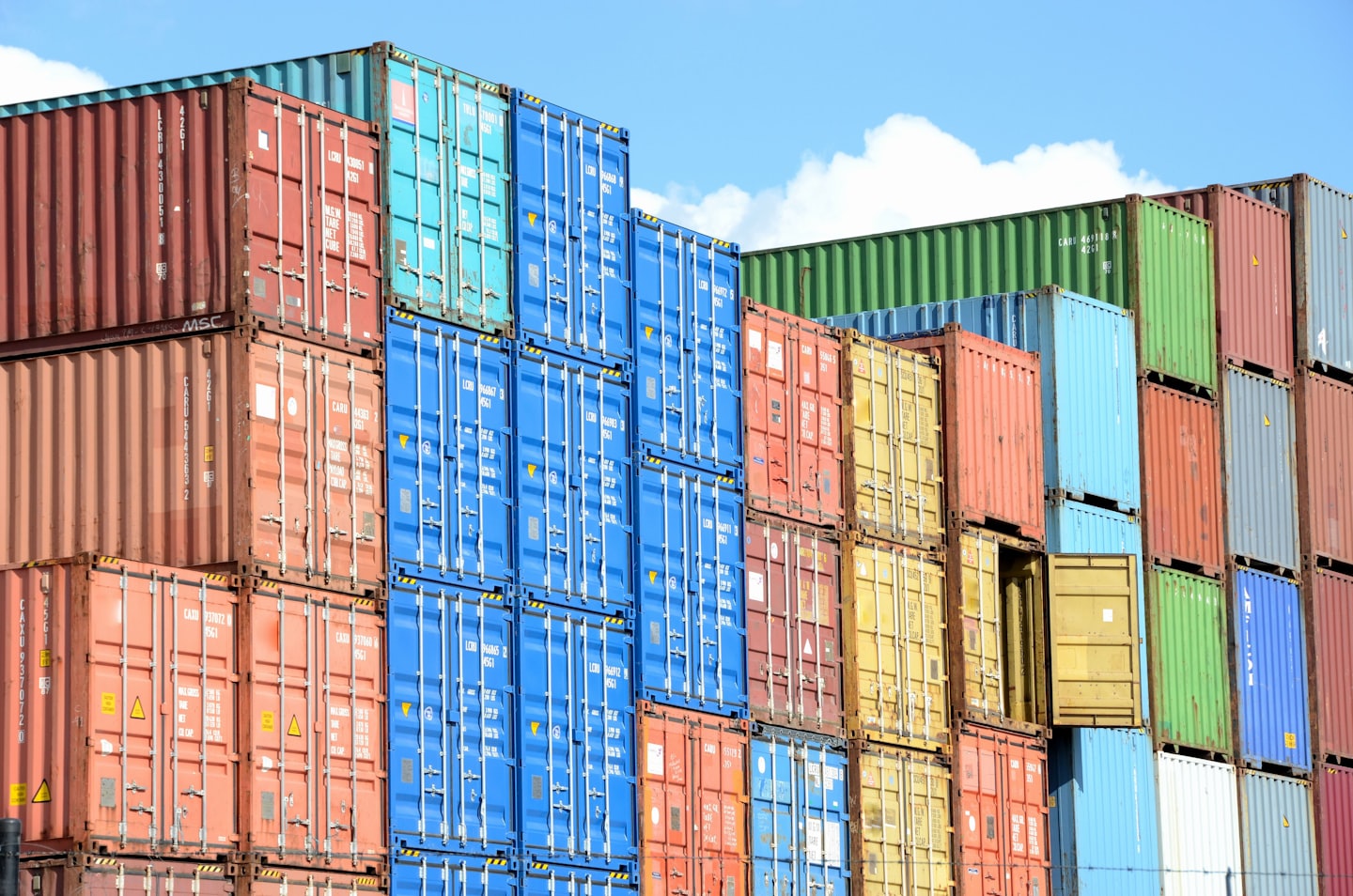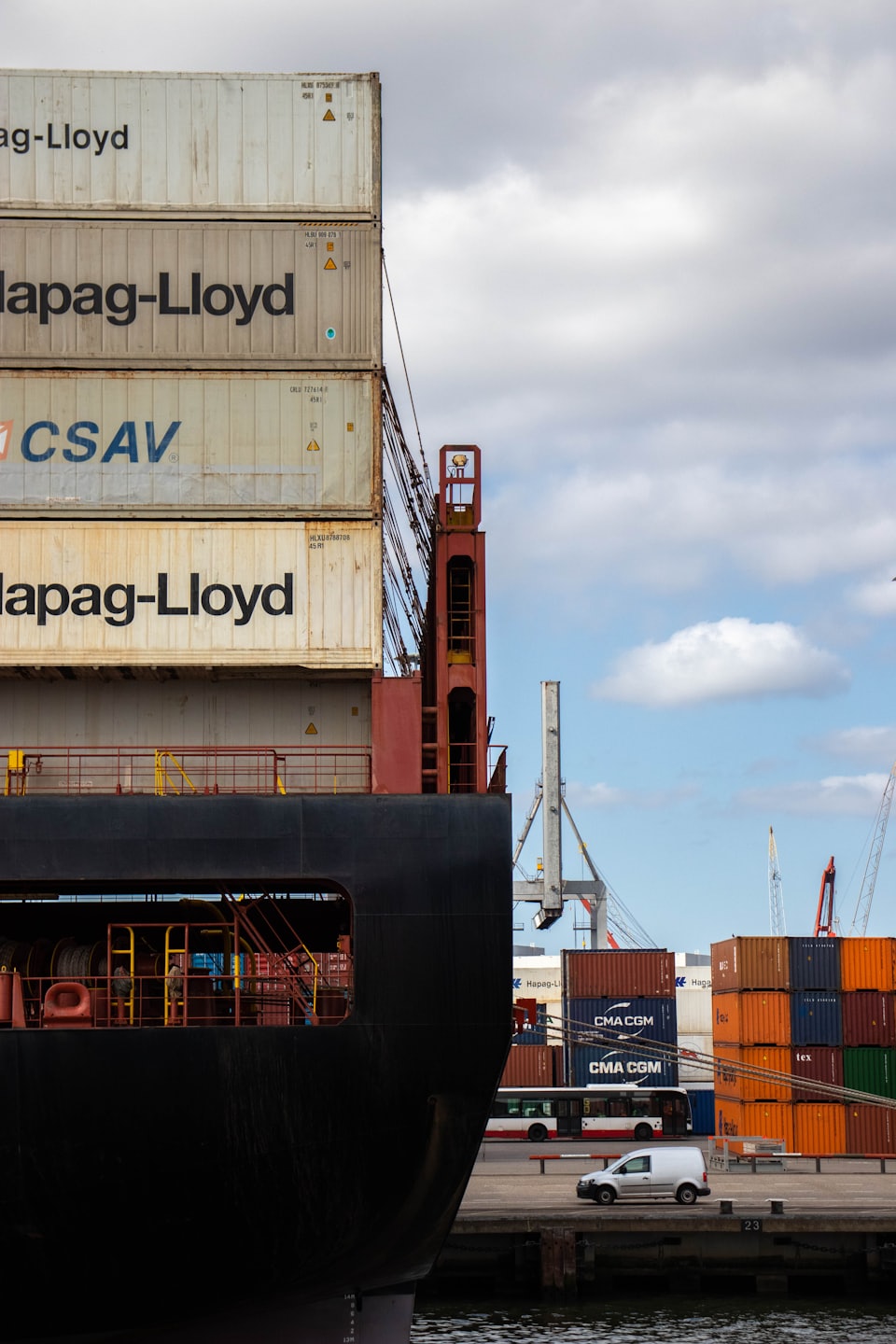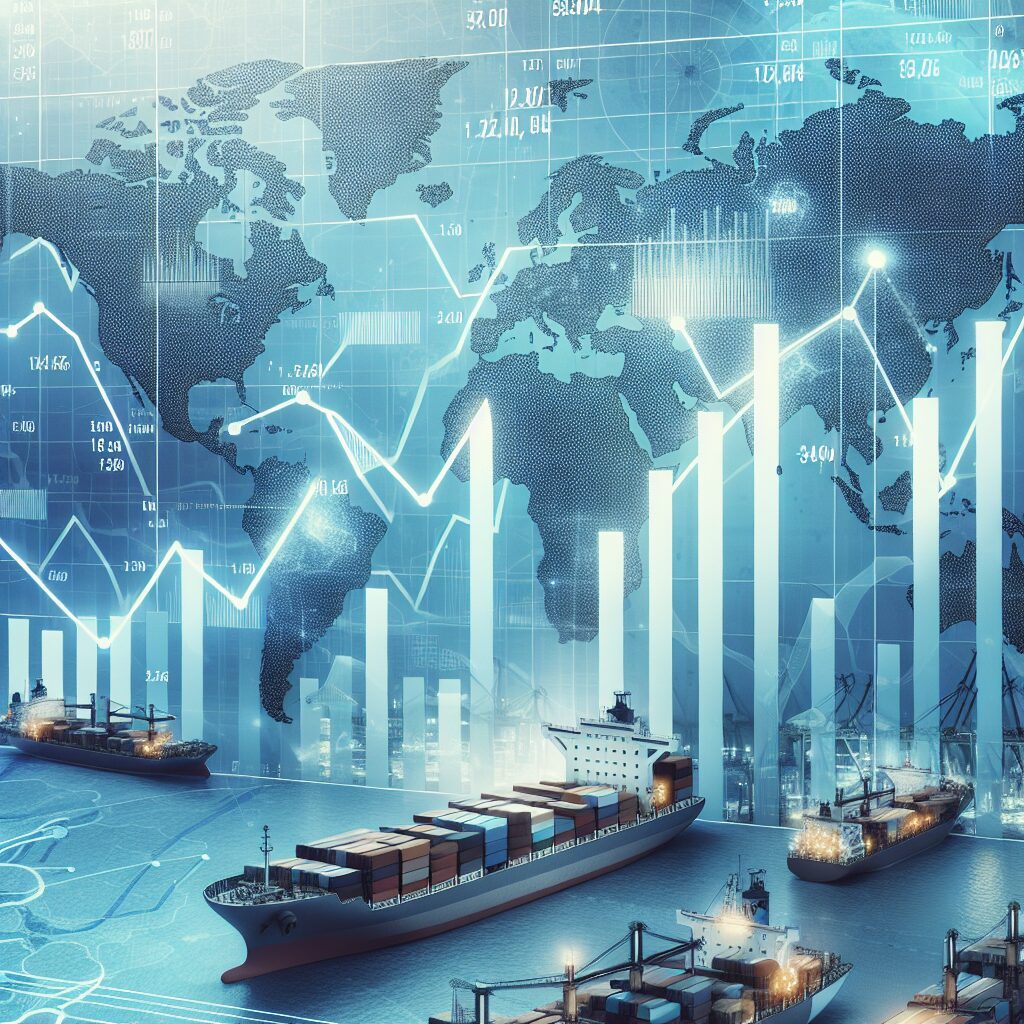Staying informed about daily updates on tariffs is crucial in today’s fast-paced global economy. Tariffs impact businesses, consumers, and international trade, often leading to shifts in pricing, supply chains, and market trends. By keeping track of these changes, individuals and organizations can make strategic decisions that safeguard their interests and maximize opportunities. Whether you’re a business owner navigating import costs or a consumer seeking to understand price fluctuations, staying updated ensures you’re equipped to adapt and thrive in an ever-evolving landscape.
In the past, tariffs were a background consideration for business owners, but today they demand daily attention and strategic evaluation. Insights here are to help readers adapt to this evolving landscape.
Tariffs have regained popularity due to shifting economic priorities and geopolitical dynamics. In recent years, governments have increasingly used tariffs as strategic tools to protect domestic industries, counter perceived unfair trade practices, and reduce reliance on foreign supply chains. The rise of economic nationalism and global trade imbalances has further fueled this trend, with policymakers emphasizing the need to bolster local economies. Additionally, technological advancements have allowed nations to better analyze and respond to trade data, making targeted tariffs more effective. Expert opinions suggest this resurgence reflects a broader push for economic sovereignty amidst growing uncertainty in international relations.


As we delve deeper into the discussion surrounding Trump’s tariffs and their impact on the global economy, it’s essential to examine the broader consequences of his trade policies. While the tariffs were introduced as a means to safeguard domestic industries and address trade imbalances, critics contend that they have strained international alliances and provoked retaliatory actions. Do these disruptions signal the emergence of a reimagined global trade framework, or are they merely temporary disturbances within an established economic system? This section encourages readers to engage with diverse perspectives and evaluate whether these policies represent a calculated strategic shift or an overextension of authority. By exploring these questions, we seamlessly transition into assessing the long-term effects of such measures and their role in reshaping the dynamics of global trade.
Final Thoughts and Takeaways
The profound importance of information as the cornerstone of knowledge and understanding. Knowledge is built upon the foundation of accurate, reliable, and accessible information, and this site is dedicated to identifying, curating, and presenting that information in a way that empowers its readers. By exploring the insights shared here, you gain access to tools and perspectives that can deepen your understanding and enhance your decision-making process. This site serves as a trusted resource, bridging the gap between raw data and actionable knowledge, emphasizing the value of informed choices in navigating both personal and professional challenges. As you reflect on the content shared, consider how the information presented can be applied in your own life to foster growth, solve problems, and inspire meaningful change. Knowledge is power, and this platform is your ally in uncovering the information you need to harness that power effectively. Let this closing serve as a reminder of the endless possibilities that arise when information is transformed into knowledge, and may it encourage you to continue engaging with this site to unlock new opportunities for learning and growth.


Leave a Reply